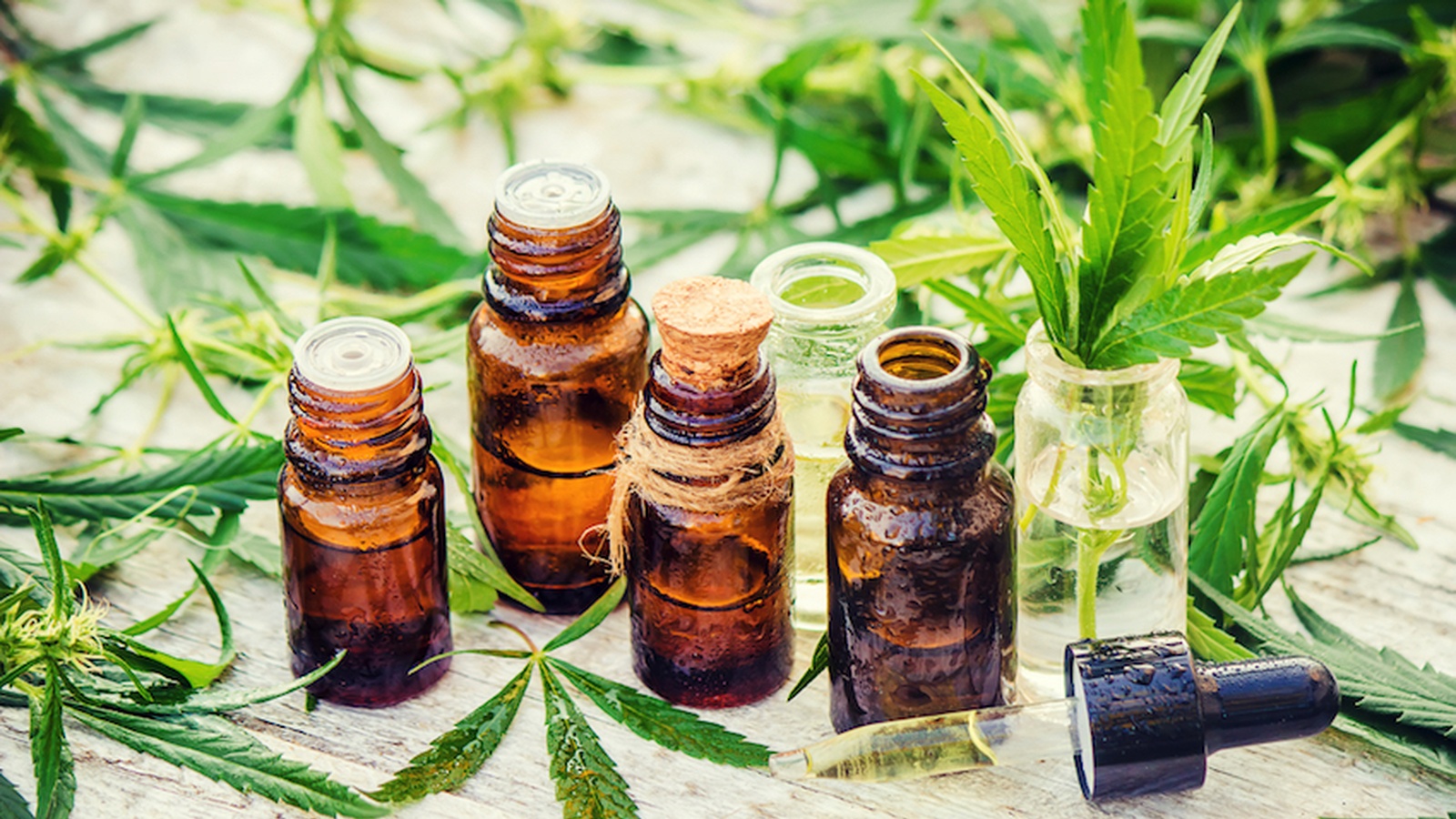CBD oil is a liquid containing cannabinoids that can be added to foods. It can help relieve pain and ease symptoms of illness.
It is legal to produce and sell this type of oil in Switzerland as long as the THC content doesn’t exceed 1%. But what’s important about CBD products is the preparation method used.
Medicinal Purposes
When it comes to Switzerland, people often think of pristine nature, efficiency and punctuality, chocolate and cheese. What fewer know is that the country is also a quiet champion of CBD and cannabis products. This is because, unlike THC (tetrahydrocannabinol), CBD does not produce a psychoactive effect and can therefore be legally used in a wide range of medicinal preparations.
Moreover, studies have shown that CBD has various potential medicinal benefits. For example, it is thought to calm anxiety and stress, relieve pain, reduce inflammation, improve sleep disorders and strengthen the immune system.
However, in order to use CBD medicinally, a prescription must be issued by a doctor acting under their own professional responsibility and after having personally examined the patient. The preparation must then be prepared by a pharmacist under the Swiss pharmaceutical law and clinically tested. This applies in particular for CBD-based medicines marketed for use against specific diseases.
Extraction Methods
The extraction methods used to extract CBD from plant material can vary. One method involves using plant oils such as olive or coconut oil as solvents. Another method is a steam distillation process. This is a less expensive but more effective method. It also leaves behind no dangerous residues.
Another non-polar extraction technique uses supercritical carbon dioxide. This is an efficient method that can produce high-quality terpenes and flavonoids. It can also be used to extract cannabinoids from cannabis plants. It requires specialized equipment that can operate under high pressure and sub-zero temperature conditions.
The extraction efficiency of phytochemicals varies depending on the type of plant material, drying conditions, and particle size. It is important to understand the impact of these factors on the extraction efficiencies of phytochemicals. The optimal extraction conditions can be identified by analyzing the results of multiple experiments. These data will allow you to make more accurate predictions of the cannabinoid concentrations in your cannabis oil.
Testing Methods
The extraction method chosen by the producer determines the purity level of the CBD molecule in the finished product. Solvent extraction (ethanol, butane) is very common as it is cheap and easy to implement, while CO2 extraction is more expensive and requires advanced equipment, but it ensures a higher purity level of the final oil because the terpene profile remains intact.
It is important to note that a high percentage of CBD-based products have been marketed in Switzerland as if they were food products and were therefore exempt from the requirement to specify the THC content, although they clearly contained THC or any other psychoactive cannabinoid. In a podcast broadcasted in February 2022 on RTS radio, cantonal chemist Patrick Edder revealed that 85% of the products mentioning CBD were non-compliant from the point of view of their composition.
In ten out of twenty analysed preparations, the actual CBD concentration was far inferior to the values presented by the producers (oil Oil_6, Oil_7 and Oil_9).
Safety
CBD can cause side effects such as changes in appetite, fatigue or diarrhea, so it’s important to speak with a health professional before taking it. It may interfere with some medicines, especially blood thinners and anti-clotting drugs. It may also interact with clobazam, an anti-epilepsy drug used to treat seizures in people with epilepsy.
CBD is legal for medical use in Switzerland, as long as the THC level doesn’t exceed 1%. CBD can be included in medicinal products such as nabiximols (Sativex(tm)) for MS muscle spasticity or magistral preparations prescribed to treat Dravet Syndrome and Lennox-Gastaut Syndrome, or in exceptional justified cases, provided that they meet specific conditions including Good Manufacturing Practice.
In a recent study, an in-depth chemical profiling of terpenes and lipid oxidation products was performed on fourteen commercially available CBD oils. This revealed a considerable variability in the declared CBD concentration, as well as in the oil matrix used (Table 2). FU olive oil was found to be more predisposed to peroxidation than hemp seed oil, and this should be taken into consideration when selecting an appropriate matrix for CBD extraction.huile de cbd suisse

